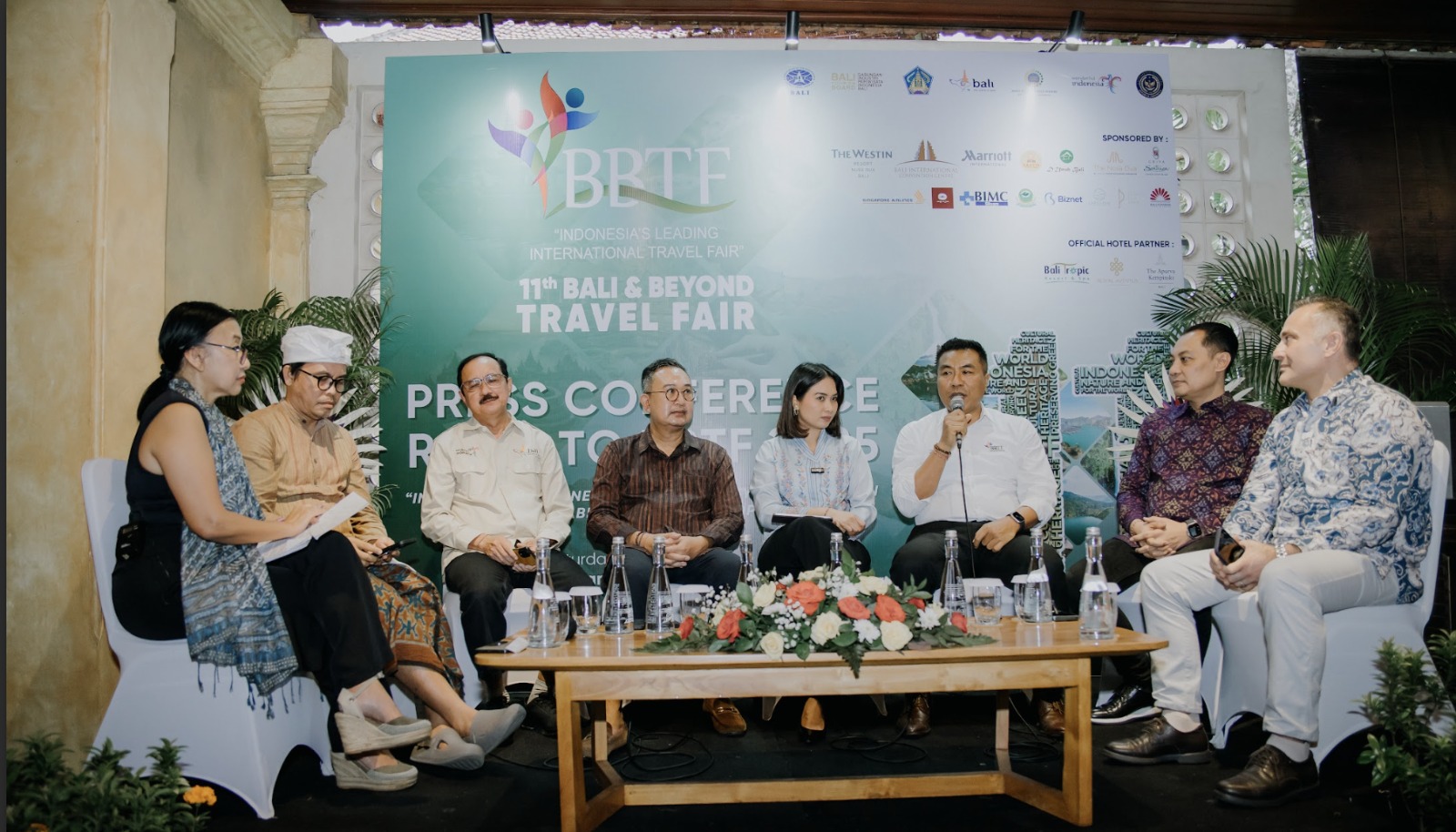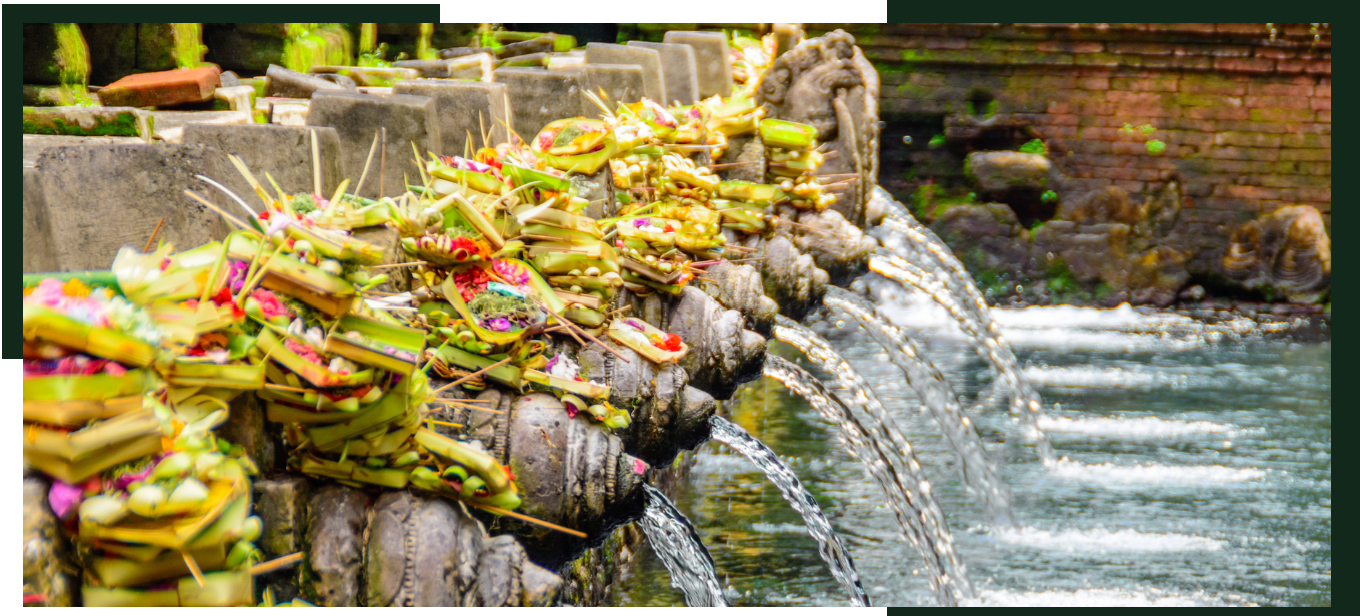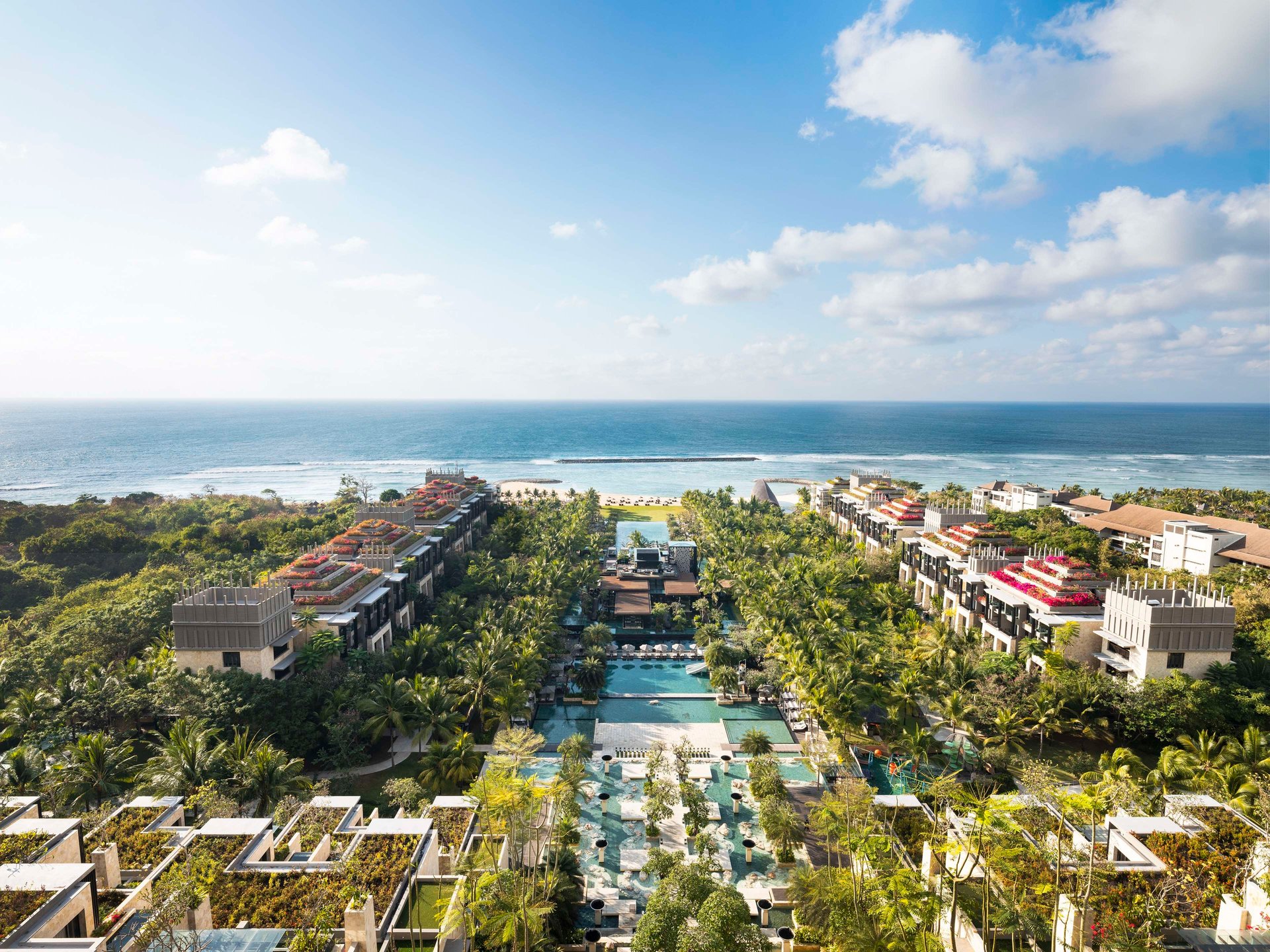Wakatobi promises not just a destination but a harmonious dance between nature and travellers, an unforgettable journey through lush landscapes and vibrant marine life. The name Wakatobi is an abbreviation for islands in the area Wangi Wangi, Kaledupa, Tomia and Binongko. Wakatobi is famous for being one of the most beautiful diving destinations in the world due to its pristine and rich marine diversity. In fact, Wakatobi is also home to the native Bajo Tribe whose life and culture have been inter dependable with the ocean.
The archipelago’s commitment to conservation has made it a pioneer in Eco-tourism. Lush rainforests and vibrant coral reefs cradle a staggering diversity of life. The clear waters surrounding the islands are home to over 942 fish species and 750 coral species, making it a paradise for snorkelers and divers.
One of Wakatobi’s greatest draws is its Marine Protected Area (MPA), which encompasses over 1.4 million hectares. This extensive preservation effort aims to maintain the delicate balance of the marine ecosystem. The local community actively participates in these conservation initiatives, making it a place where Eco-tourism and local livelihoods seamlessly coexist.
The underwater world of Wakatobi is a kaleidoscope of colors and life. Snorkelers and divers can explore the Wakatobi National Park, renowned for its healthy coral gardens and an abundance of marine species. The park’s Dive sites like “The Zoo” and “Wakatobi Gardens” are particularly popular, offering glimpses of charismatic creatures like pygmy seahorses, nudibranchs, and giant manta rays. The careful management of dive sites ensures minimal impact on the fragile ecosystems, providing visitors with an extraordinary yet responsible diving experience.
Wakatobi’s commitment to sustainability extends to its land-based activities as well. The islands are blessed with lush mangrove forests and dense jungles teeming with wildlife. Birdwatchers can spot a variety of avian species, including the elusive maleo bird, endemic to Sulawesi. Guided jungle treks provide an opportunity to explore the natural beauty of the islands while respecting the environment.
In addition to its natural wonders, Wakatobi is a cultural melting pot. Visitors can immerse themselves in the local way of life, as the islands are home to various indigenous ethnic groups, each with its own traditions and customs. Engaging with the community through cultural tours, cooking classes, and traditional dance performances adds a rich and authentic dimension to your Eco-tourism experience.
Accommodations in Wakatobi are as eco-friendly as the destination itself. Resorts and lodges are designed with sustainability in mind, using renewable energy sources and minimizing waste. Visitors can enjoy the luxurious comfort of the eco-friendly resorts while knowing that their stay contributes to the preservation of Wakatobi’s natural wonders.
Wakatobi is not just a destination; it’s an opportunity to make a positive impact. Travellers are encouraged to participate in coral restoration programs, beach clean-ups, and educational workshops. These activities allow visitors to leave behind more than just footprints—they leave a legacy of environmental stewardship.
“Wakatobi is an inspiration of hope for Eco-tourism, proving a harmonious relationship for all stakeholders. With a commitment to conservation, we could stand as an exemplary model for sustainable tourism. We create a place where all of us can reconnect and play an active role in preserving for generations to come- at BBTF 2024 we learn more about rich Indonesia destinations from Bali – come and let’s grow the Eco and sustainable tourism together.” I Putu Winastra, the head committee of BBTF 2023-2024 and chairman of ASITA Bali chapter stated.






